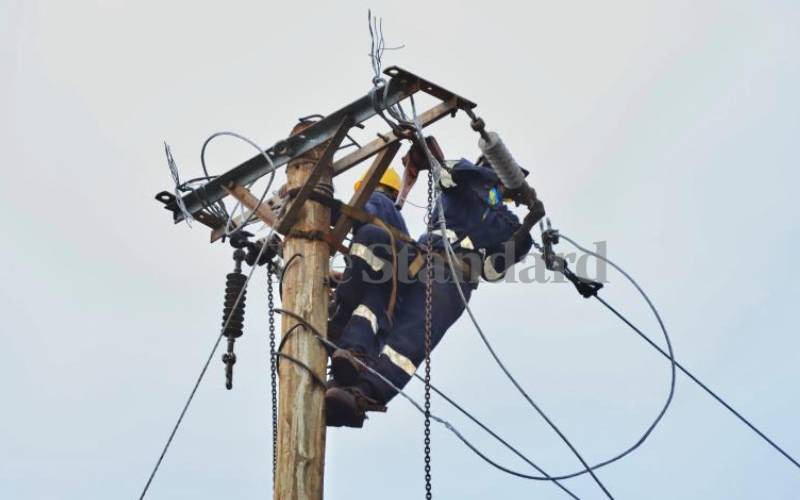×
The Standard e-Paper
Stay Informed, Even Offline

Like most Kenyans, I have been transfixed by the goings-on in Uasin Gishu County this past week. The county has made news for months over an infamous airlift scheme.
It was initially billed as an education programme that would transform lives of its recipients by enabling them pursue further studies in Finland and Canada. But, in a scandalous yet familiar turn of events, it has instead brought untold pain and misery to hundreds of residents.